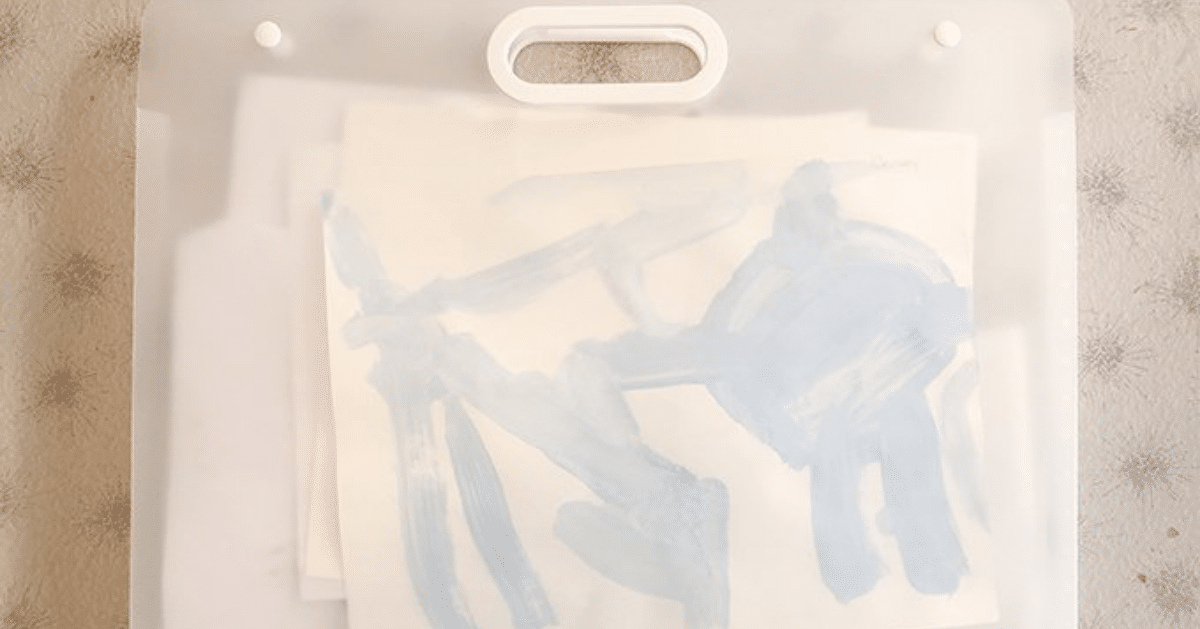Every year, our ER gets busy right after Thanksgiving—’tis the season for crying toddlers with fevers, runny noses, and diarrhea. It’s no coincidence there are real reasons why illness spreads during the holidays. Here are some tips to keep your kids (and yourself) healthy this Thanksgiving.
Avoid the Sick People at Thanksgiving Dinner
Chances are there will be at least one buggy-nosed kid at your family’s Thanksgiving dinner. If you’re particularly unlucky, one of your cousins will bring a toddler with diarrhea and vomiting. No one skips Thanksgiving dinner at the grandparents’ house, even if they are sick. It’s your job to spot the sick people and avoid them.
Sick toddlers with runny noses are common during the winter virus season. Keep hand sanitizer in your pocket and douse your toddler’s hands the first chance you get. Also, keep their little fingers away from the cheese and crackers, or you’ll all be sick.
Sick adults can be harder to catch. If you notice your brother sniffling and you’re unsure if it’s a cold, COVID, or allergies, start a conversation about how much it stinks to be sick. Misery loves company, so they’ll quickly share all the details of their condition. Once they admit it, pass the hand sanitizer. They’ll get the point.
Use Forks, not Fingers
Include serving utensils for each of your dishes, including appetizers. Avoid cracker baskets, bowls of nuts, and other dishes that everyone dips their hands into.
Serve your Turkey Well Done
Undercooked turkey can transmit salmonella and leave your whole family with vomiting and diarrhea. If you are cooking your stuffing inside your turkey, it is especially important to be sure it is well done. Consider putting the finished stuffing in the microwave for a few minutes just to be sure. If you add giblets to your gravy or stuffing, cook it outside the bird per USDA recommendations.
Also Read : Start a Robotics Program at your School

Skip the Chitlins, Chitterlings, and anything else made of Intestines
Chitlins are a southern delicacy usually made of small pork intestines. If your cook is not careful, chitlins can cause diarrhea from a bacteria called Yersinia. They can also transmit other diarrhea-causing bacteria, such as E. coli and salmonella. If you just can’t give these up, be sure they are well-cleaned and not undercooked.
Don’t let anyone Feed your Baby Turkey
If you have an infant under four months, it’s your job to be the food police. Grandma might want to give your infant just a bit of her turkey, famous stuffing, or cranberries. Thanksgiving isn’t the time to give them their first solid food.
Teach Kids how not to Pick their Nose
Does your toddler pick their nose and then reach for the crackers? It may be time for nose-picking lessons. Here are some tricks for dealing with this habit so that your whole family doesn’t share your toddler’s germs.
Get a Flu Shot
You and all your kids should get flu shots before germ-sharing starts during the Thanksgiving and holiday seasons. Even if your family get-together is flu-free, your kids will be exposed to influenza when they return to school. If you have an infant under six months who is too young for a flu shot, vaccinating everyone else in the home is even more important.
We wish you a happy and healthy Thanksgiving in your home, not the ER.
In case of a medical emergency with a child, determine where the nearest accredited, Level I pediatric trauma center is located. St. Louis Children’s Hospital has six pediatric E.R. locations across the St. Louis and southern Illinois region. These include St. Louis Children’s Hospital, Children’s Hospital at Memorial Hospital Belleville, Children’s Hospital at Memorial Hospital Shiloh, Children’s Hospital at Missouri Baptist Medical Center, Children’s Hospital at Northwest HealthCare, and Children’s Hospital at Progress West Hospital.





